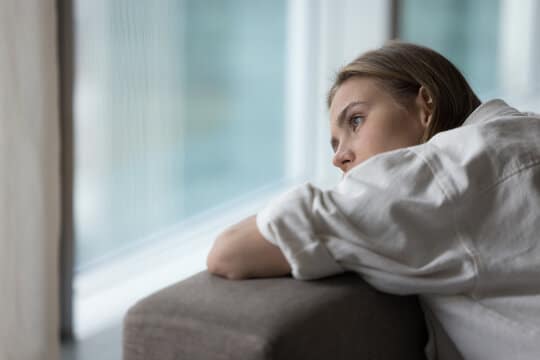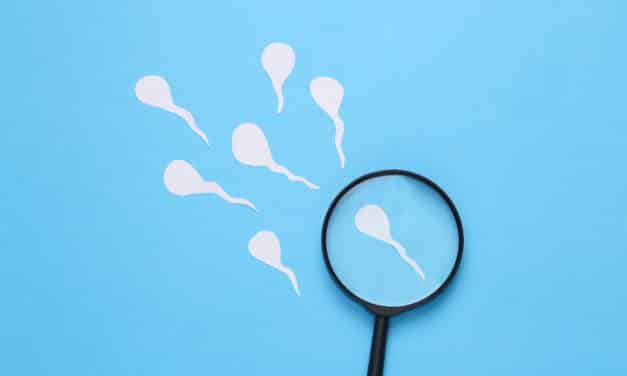Freezing your eggs: What no one tells you
Egg freezing has seen a sharp rise in demand in recent years. Yet, it remains a rarely discussed topic, with limited information available. Women who have decided to go through with egg freezing rarely share their experience, while those not planning to have children in the near future often don’t ask about it. As a result, many women are postponing motherhood without a clear understanding of what their future chances of having children might be – even though it is relatively easy to find out. A simple blood test can determine your levels of a hormone called anti-Müllerian hormone...
Read More














